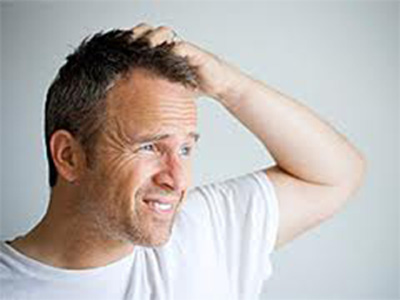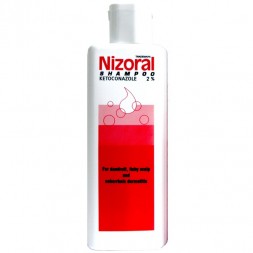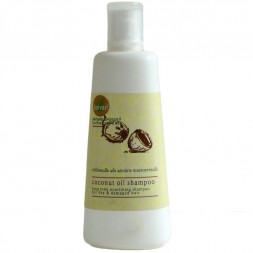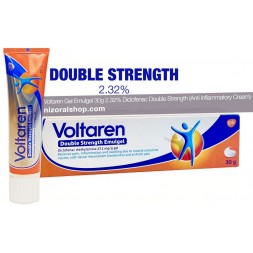If you can’t keep your hands from scratching your scalp, then you will love the tips you are about to read to help ease that uncomfortable sensation on your inflamed skin.

Have you ever tried any possible home remedies that are supposed to help get rid of itchy scalp? If you are one of those who literally tried cooking ingredients like avocado, lemon juice, coconut oil and other items to make a good guacamole, but couldn’t get rid of itching, then you will definitely like this article.
A few words of advice before you do anything with your scalp. Talk to your doctor about your skin condition and before applying these tips.
Make sure you have clean bed sheets. Your bed might be hosting some microscopic bug parties without even you noticing it. Tiny parasitic insects love warm and dark areas. They can infect mattresses and bed linens, as they can eat any textiles and feed on humans sucking blood. That’s one of the reasons why you may have an itchy scalp. When those bugs bite, they inject anticoagulants and enzymes. As a result, you don’t see any blood, but can feel itchy a few hours after they fed. In order to keep your bed sheets clean, wash all your bedding textiles with a good washing machine liquid detergent and a bit of white vinegar in hot water. Allow the items you’ve washed to dry. To make sure your have clean bed sheets, change them once a week.
Stay hydrated. Your body is made of 70% water on average. Dehydration can cause the skin to dry and feel itchy. It’s recommended to half a gallon of water (2L) per day. As a tip, mineral water over tap water is preferred because minerals are essential for the body and immune system. They also play an important role in vitamin assimilation.
Relax. Having a stressful life can increase the itchiness factors. Scientists are still researching the reasons why people have itchy scalp when they are under pressure, but it often triggers substances that can negatively affect the body.
Take Omega-3 and Vitamin E Supplements. They are both known for promoting healthy skin and preventing it from dehydration.
Aloe Vera for sunburns. This is particularly true in summer. If you have sunburn anywhere on your skin, chances are that your scalp got sunburned too, especially if you didn’t cover your head with a cap. If you got a scalp sunburn and feel itchy, you can apply organic aloe vera shampoo and/or conditioner to relieve the itching.
Toss your shampoo. The reason why you are scratching your scalp might be because of your shampoo. Stay away from cheap shampoos and try a new one instead. You may just be so used to it that your scalp becomes irritated. It’s time to try a new shampoo!
Keep your hair moisturized. Just like the body, your hair needs to be moisturized to nourish it and add antioxidants to help reduce redness and dry scalp.
Ban alcohol-based ingredients. This isn’t the prohibition era, but alcohol is one of those ingredients that dry your hair as well as the scalp and can cause itching. So, stay sober, choose an alcohol-free shampoo!
Dry your hair. It is known that slightly wet hair can lead to product buildup and fungal infection, which in turn will cause itching. If you leave your hair damp in the morning and feel itchy scalp, consider drying your hair.
Comb your hair. Brushing or combing your hair several times a day helps spreading natural oils that will protect your hair and scalp from dry conditions.
Use head towel. In order to dry your hair properly, first take a clean head towel that you only use for your hair to ensure that no bacteria from other areas of your body is in contact with your hair. Then, gently pad the towel so that it can absorb water without rubbing your scalp. To avoid fungal infection, don’t share your towel. For optimal results, take an unused and clean head towel, every time you wash your hair.
Check out our last news: What Is A Yeast Infection?
Related articles that may interest you: What Is Dandruff?
4 Benefits Of Using A Scalp Massaging Shampoo Brush
Always seek the advice of your physician or other qualified health provider with any questions you may have regarding a medical condition. The material appearing on this page is for informational use only. It should not be used as a substitute for professional medical advice, diagnosis or treatment.





